Hasan Günter Obituary
I find none of the sorrowful poems would heal my wounded heart. Words and tears are not enough, however, we are lucky and blessed to have him in our memory with us as long as we are alive. Maybe he is gone physically, but he would never be forgotten. That is the purpose of this article, which is to make sure that his information and publications are available on the internet for public use to benefit all the interests all over the world.
Oh, dear Hasan Günter, I know you are there somewhere, but somehow then I would like deeply to tell you that we truly miss you here. I surely pray that you are in a better place at the moment. I know I shouldn't get worried about you as you were a sincere person in all of your deeds, works, words, and love. Rest in Peace my dearest teacher, friend, and life mentor Gunnar, “Lederpreuße” the leather Prussian!
I believe this letter is one of the hardest and closest ones to my heart. Ever since I started writing something or collecting more information, I get overwhelmed with emotions and never managed to keep going. But those challenging moments of sadness and sorrow were an urge for me to keep working on collecting his works, articles, essays, or even videos he published.
I’m determined to keep going and never stop till I finish it, as I believe Hassan is worth it and served even better than that. It is me or part of me - I think - who is gone with you when you are gone. Sometimes I wish you could have stayed with us here a long time, but my wishes are mere just wishful thinking. They are not enough to bring you back, at least when you look at us you would know how much we loved you, how much we are grateful for all that you have done, and grateful for every single moment we spent with you.
The below information he shared with me personally a year before he died in the German language, as I as have asked to him share with me his books and a summary of his CV. I was lucky or I shall say that Hasan Gunter was very kind to share with me all the documents, even though he has written his life summary or at least the most important stations himself.
Regarding his books due to the copyright that is mentioned at the beginning of all of his books, I have got permission from his daughter Sanura for public use as a charity. I would do my best to collect his publications and videos as much as I can.
His personal life summary
Hasan Günter Birth
He said, “got a taste of Berlin air for the first time in the 20th century. My parents were evangelical and that's why I was baptized in an evangelical church under the name Günter”.
Baptism in Berlin
school day in Berlin
Gruga Park Essen
Hasan Günter Early Childhood.
Hasan Günter spent his childhood in Berlin and the West German Ruhr area city of Essen. Even as a seven-year-old he was very interested in the stories of the Old Testament, especially in the story of the little prophet David against the giant Goliath. he was greatly inspired and impressed by David's courage and wisdom.
Hasan Günter Education.
When Hasan Günter was 12 years old, he was hired by an evangelical organization to teach Bible lessons to children between the ages of six and eight. As a conscientious Prussian, this encouraged him to study the Old and New Testaments intensively. As a result, in the years that followed, Hasan Günter found many contradictions - he added - and inconsistencies in both parts of the Bible and also in the New Testament alone. Hasan Günter also discovered that some church teachings, developed by the Catholic Church, were explicitly identified by the Prophet Jesus. In addition, the Old Testament was written centuries after the life of the prophets, and the New Testament decades after the life of Jesus. So he came to the conclusion that there was no authentic basis for Christianity. Since he didn't like the dogma of the Trinity set up by the church either, he left the church at the age of 14.
Hasan Günter’s journey to Islam .
In the years that followed Hasan Günter looked for a new religion that he liked. Initially, Hasan Günter was drawn to Buddhism and especially to Zen Buddhism, whose code of ethics and rules of conduct appealed to me. However, what bothers him about this religion is that there is no creator God in the sense of the revealed religions. Nevertheless, he wanted to take a trip to India in the coming holidays to get to know Buddhism at there a place where is located. One day before this planned trip, he bought a book in a bookstore and casually saw a German translation of the Qur'an on a shelf. Hasan Günter took the opportunity and bought this copy. When he read the Qur'an translation, he found that everything that the Qur'an says was fully in line with his ideas and desires. Because Islam is not a religion in the sense that one goes to church and performs some prayers, it represents a rational and well-being-oriented system of life for the individual and society, which addresses all areas of the life of the individual and society and the relationship between the sole One-Being Creator and HIS creatures. As a consistent Prussian, he, therefore, entertained the idea of accepting Islam as his religion. When he still wanted to start his planned and booked trip to India, he had to change his travel plans due to tensions between India and Pakistan. The travel agency offered him a cheap trip to Tunisia and given the fact that he believed it is an Islamic country, he was immediately ready to agree to the new destination of the trip.
Günter chooses “Hasan” to be his first name:
In Tunisia, Hasan Günter quickly got in touch with young people of the same age, but just as quickly realized that Hasan Günter knew more about Islam than they did. They had hardly read the Qur'an and spoke French better than Arabic. So after returning to Germany, he had to look for German literature on Islam, which was not that easy then. A year later he went to Tunisia again and officially declared his conversion to Islam to the Mufti in Tunis. Based on my experiences - Hasan Günter said - with the Tunisians and based on what he still sees today in terms of behavior among the Muslims in the Arab or so-called Islamic countries, Hassan Gunnar often says: "Allah be praised that I got to know Islam before I got to know the Muslims!” (Exceptions prove the rule!). After converting to Islam, following the advice of Muslims, he took the name Hasan as his first name.
Gunnar as an army soldier
Gunnar as an Air Force soldier
Gunnar in sudanesischer Tracht in Medina
Hasan Günter’s journey to Egypt .
After completing his military service and officer training, Hasan Günter began studying oriental studies, politics, and law in Tübingen, where he met a strictly Sunni Egyptian student who invited him to visit him in Egypt. Hasan Günter visited this disciple several times and learned a lot about the Qur'an and the Sunna from him. He also helped him to memorize some of the minor suras of the Qur'an. The Egyptian student advised him to study Islamic Studies in Medina and finally, and Hasan Günter finally went to Saudi Arabia for four years to study Arabic and Islamic Studies.
Hasan Günter’s Family .
After graduating, Hasan Günter visited Kenya and what was then Zaire and Burundi, where he married a Muslim girl and returned to Germany, where he had three children.
The marriage ended in divorce after eight and a half years. He added that his daughter is now married with twins and my two sons are also married with two children each.
From top left: David, Sanura, Michael and Papa Gunnar
Hasan Günter’s Work .
For a while Hasan Günter works with Prof. Dr. Falaturi at the Islamic Academy in Cologne, then at a language school in Gelsenkirchen as a teacher for English and Arabic or German for foreigners in a Turkish association as a translator of Islamic literature from Arabic and English into German.
Towards the end of the 20th century, Hasan Günter met the future head of the German department in the language and translation faculty at Azhar University in Cairo, who offered him the opportunity to work as a lecturer in the department mentioned.
Hasan Günter stays in Egypt .
So Hasan Günter came to Egypt and had his permanent residence there. For 15 years he taught Islamic and linguistic subjects in the "Islamic Studies in German" section of the department mentioned above, wrote some textbooks for these lectures, and translated various Islamic books from Arabic into German. From April 2006 to January 2017 Hasan Günter also worked at the Egyptian Fatwa Office as head of the German department.
The first time I saw Hasan Günter was in 2013.
I remember seeing Hasan Günter for the first time at A-Azhar University in 2013, I saw a solemn mature man and all the students in all departments respected him. He was one of two German professors at the university. Wearing leather clothes generally and pants specifically. That made him a well-known teacher and many of the students in different colleges could easily recognize him, he even himself commented on it saying “Because I was always punctual and hard working and just like a Prussian and always wear lederhosen, I also got the nickname "Lederpreuße".
For a few years, he has been giving private lessons to students who are preparing for the B1, B2, or C1 language test and Hasan Gunter worked for a translation agency as a translator and editor. He also dealt with the views of various so-called Quranites and has dealt with the Quran more intensively than before and wrote various articles about his knowledge gained from the Qur'an.
In his free time, he used to deal and play with his pets “Caesar and Cleopatra”, he liked listening to classical music, especially piano and organ music, and also rock music, and occasionally play chess. In addition to his mother tongue, he used to speak Arabic, English, and a little Swahili.
TRANSLATIONS Works:
1. Translation of the book “The Spirit of Islam” by Muhammad Asad into German: “Vom Geist des Islam”, 1984 by Islamic Scientific Academy, Cologne,
2. Translation of the book “Muhammad in the bible” by David Benjamin into German:“Muhammad in der Bibel”, 1992 by SKD Bavaria Verlag, Munich.
3. “1001 fatwa” of Egyptian Dar al-Ifta translated from Arabic into German with a self-written glossary of Islamic terms and names, 2017.
AUTHORSHIP
1. “Quran and problems of translation” in German: „Koran und Übersetzungsprobleme“, 2nd edition, Cairo, March 2006, Dar Assam Press, ISBN 977-17-3162-9
2. “System of Islamic economy – an alternative working hypothesis” in German: “Islamisches Wirtschaftssystem – ein alternatives Denkmodell”, translated into Arabic by Abdurrahman Issam ad-Din and Muhammad Abdallah al-Fakharany, Cairo, March 2012, Dar Assam Press
3. “Islamic texts” in German: “Islamische Texte”, Cairo, August 2012, Dar Assam Press
4. “Translation – Introduction and texts of exercises Arabic-German/German – Arabic” in German: “Übersetzung – Einführung und Übungstexte arabisch – deutsch/deutsch – arabisch“, Cairo, September 2012, Dar Assam Press
5. “Steps in German phonetics and grammar to B1-qualification” in German: “Schritte in der deutschen Fonetik und Grammatik zur B1-Qualifizierung“, 10th of Ramadan City/Sharkia, 2021
6. “Steps to C1-qualification” in German: “Schritte zur C1-Qualifizierung, 10th of Ramadan City/Sharkia, 2021
And for more information on the work experience read more here




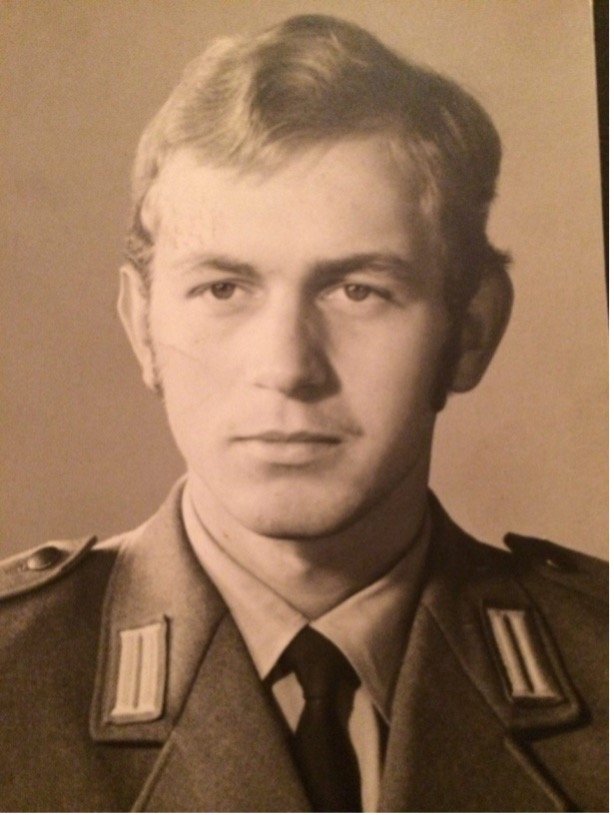







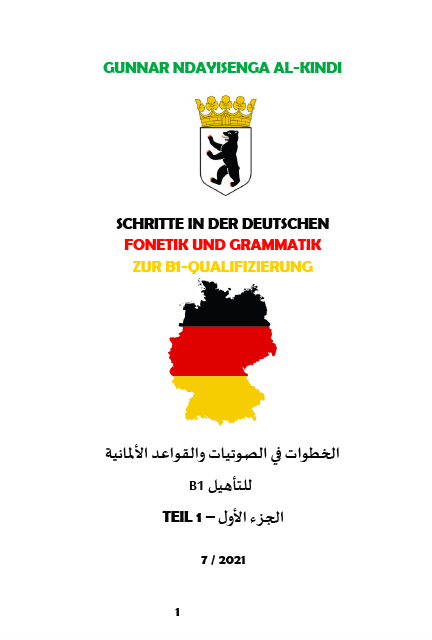



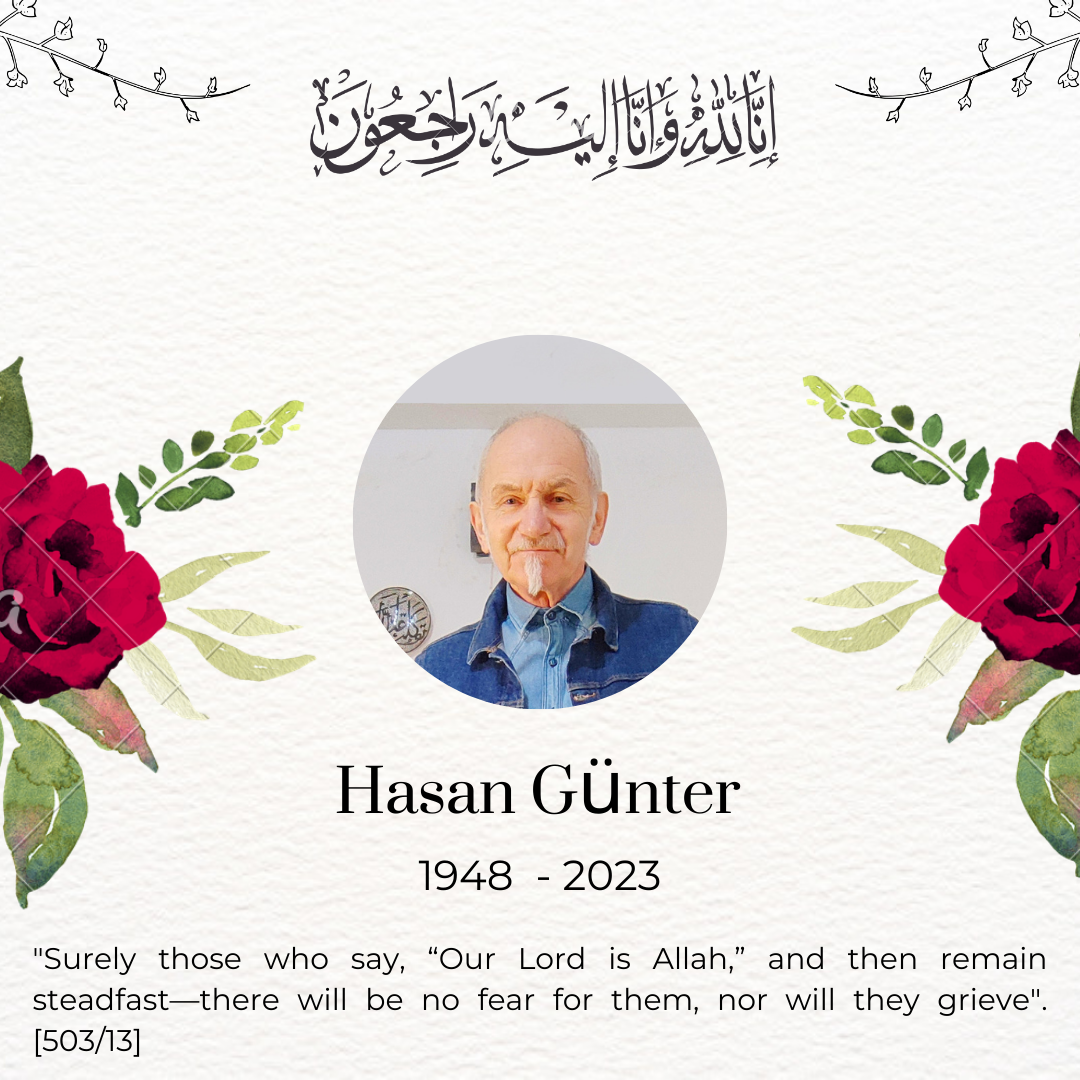
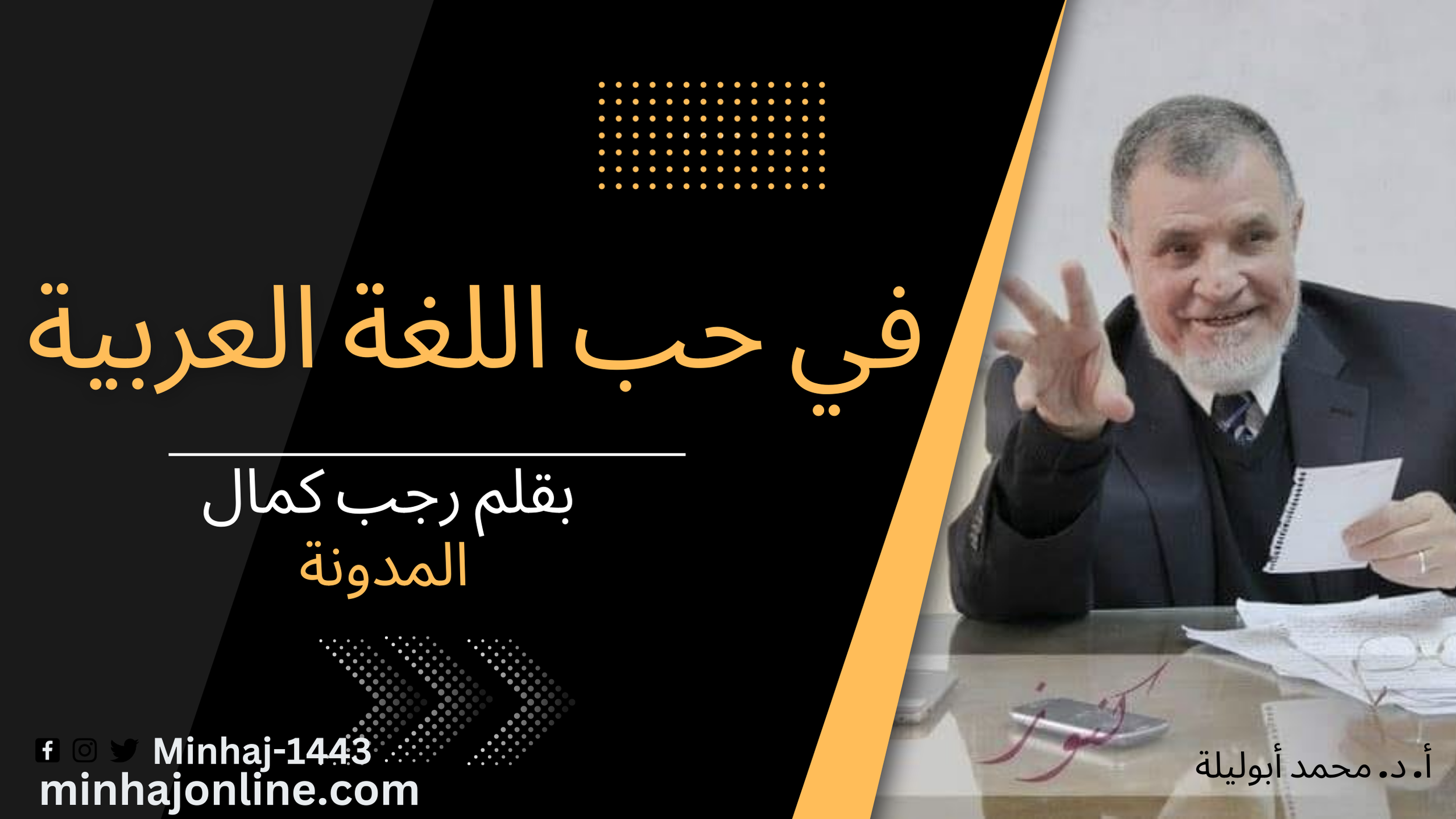
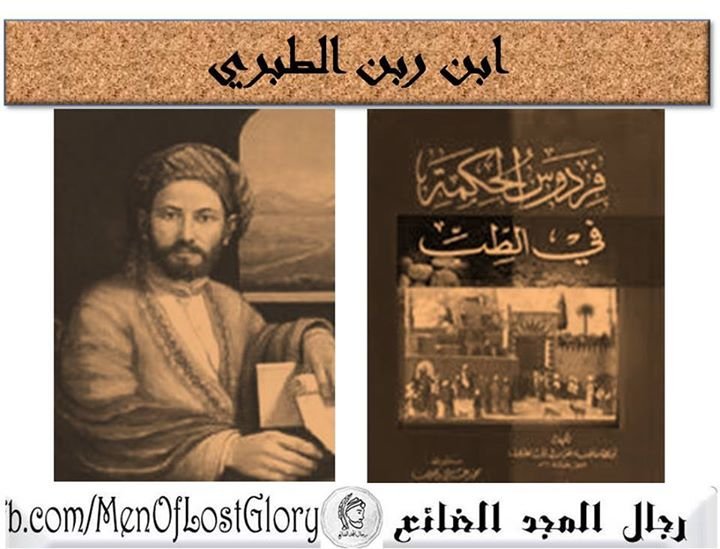


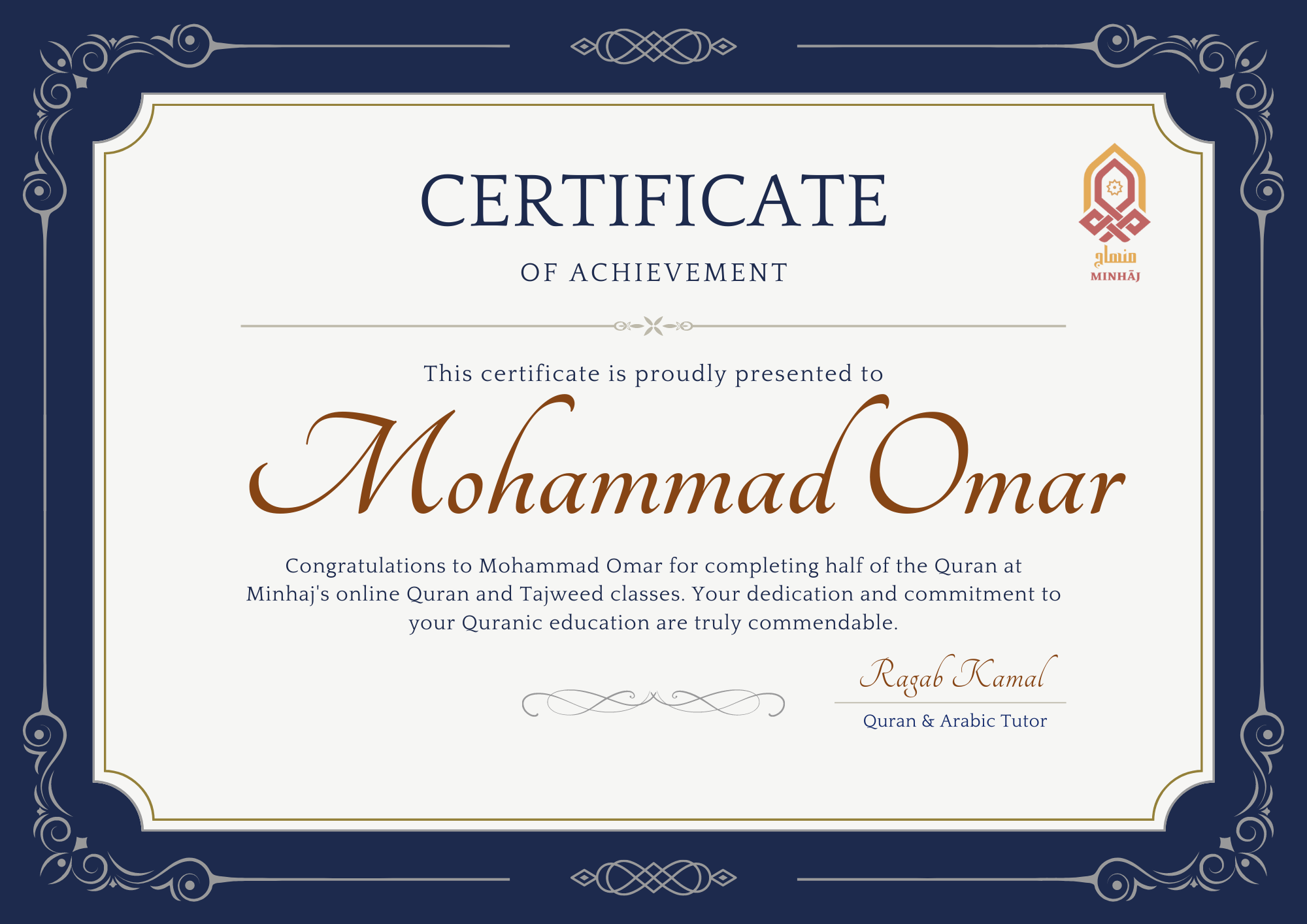
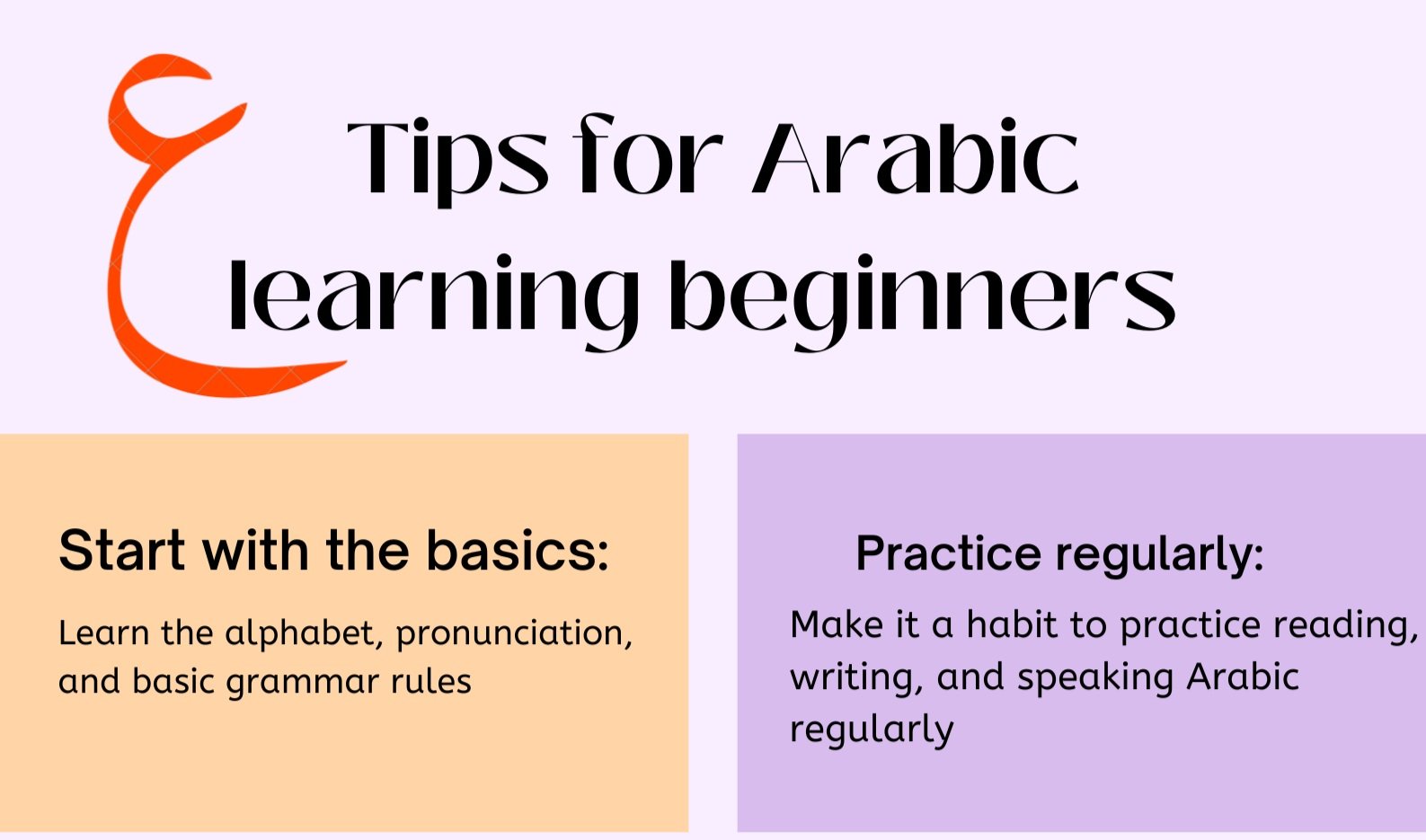
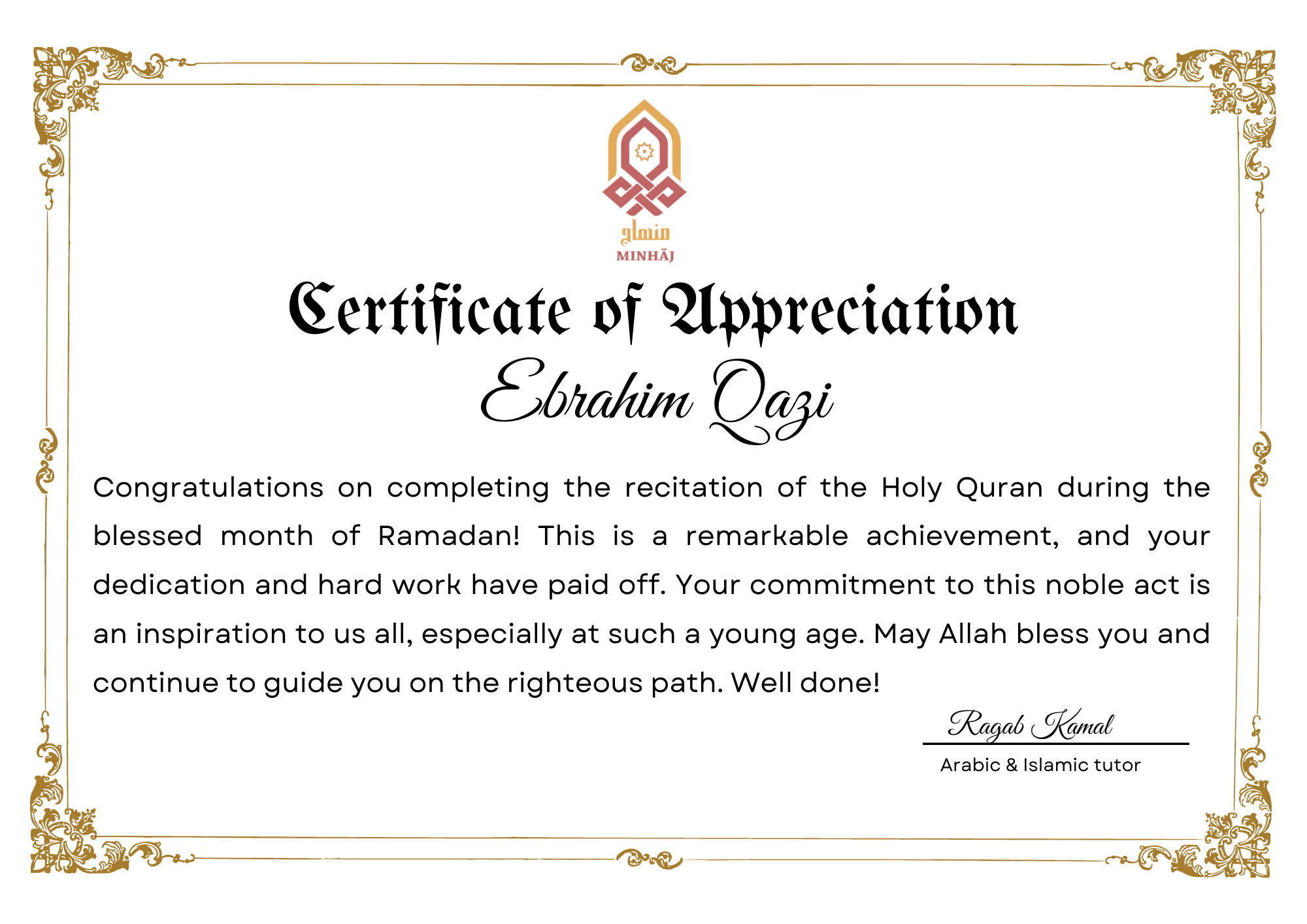
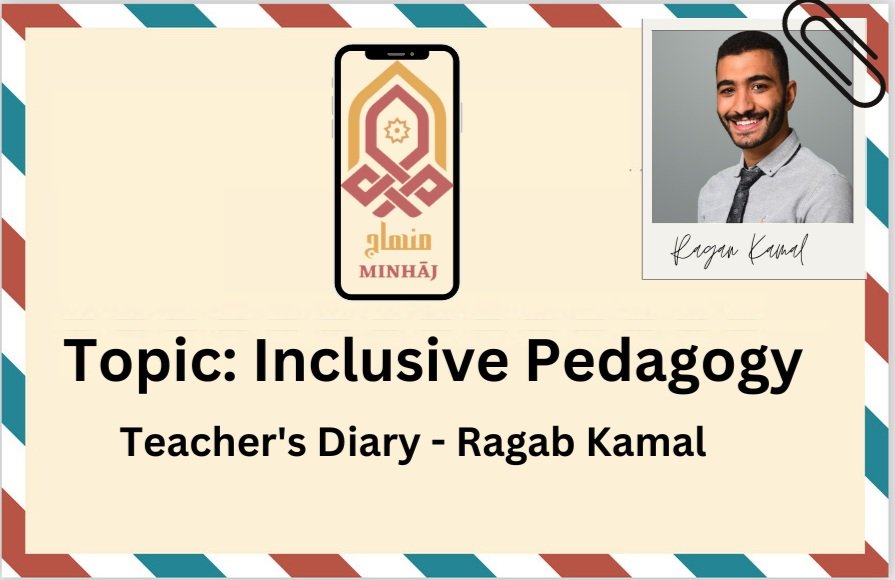
Die folgenden Informationen teilte er mir persönlich ein Jahr vor seinem Tod mit, da ich ihn gebeten hatte, mir seine Bücher und eine Zusammenfassung seines Lebenslaufs aufgrund unserer gemeinsamen Arbeitsanzeige mitzuteilen.